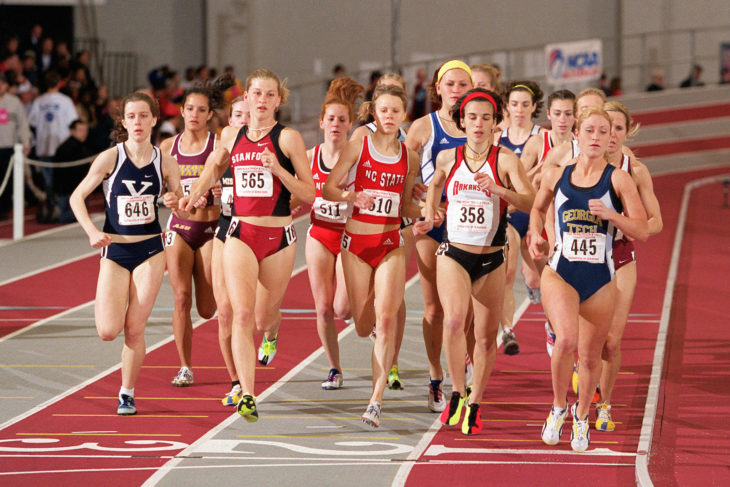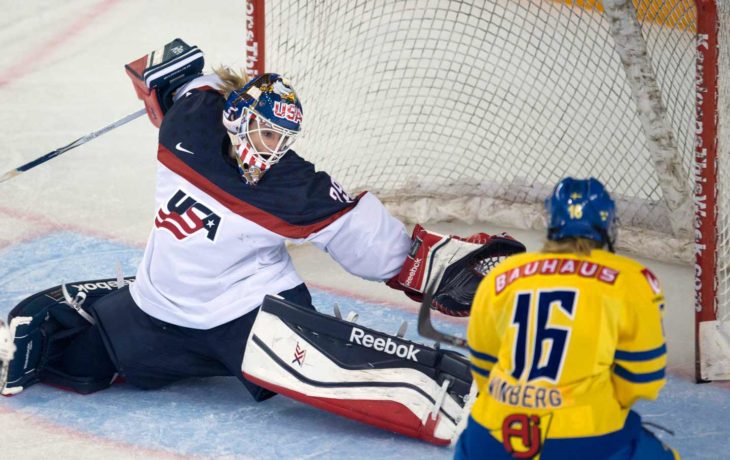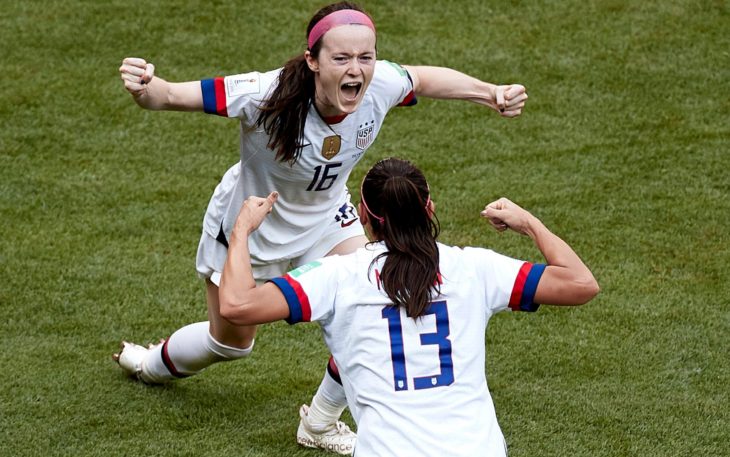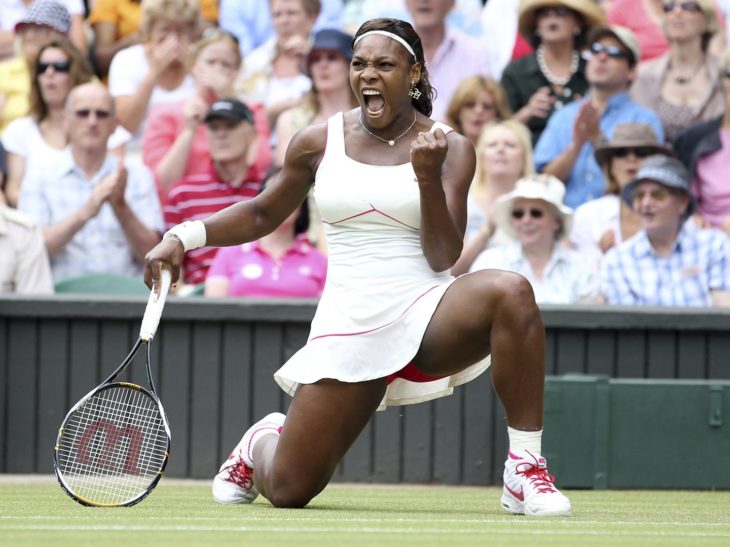To most fans, it came as a surprise to see a tennis star, Billie Jean King tweet about darts. However, King didn’t shy away from congratulating Fallon Sherrock after becoming the first woman to defeat a man during the PDC World Championships.
The tennis legend is familiar with the feeling of defeating a man in sports, after disposing of Bobby Riggs during the 1973 Battle of the Sexes in straight sets. Since then, Billie has fiercely advocated for gender equality in sports, championing for equal prize money during the 1970s.
For Sherlock, the most impressive thing about her win at the Alexandra Palace was the fiercely roaring crowd cheering her to a historic victory. The event was pure drama, as Sherlock beat Ted Evetts, who graciously accepted the defeat. The win got many people thinking about how game-changing the decade has been for women in sports. As a result, there’s no need to be apologetic for wagering on a sportswoman at Betway or for being a fan.
It’s in the last decade that women players from England got awarded professional contracts in cricket, rugby union, and football. That was a major milestone in women’s sports, as it allowed them to concentrate full time on their respective sports. Unlike their pioneers who had to survive by paying their traveling expenses and their kits during elite competitions, there are genuine career pathways today. As a result, many women can expect to rival their male counterparts playing for top English Premier League clubs and other elite teams. Fun fact about English Premier League you can read at Betway Insider.

Source: nytimes
In England, the national football team for women is still looking for an elusive World cup win, though they got bronze during the 2015 tournament in Canada after beating Germany. Nonetheless, their performance remains among the best World Cup finishes by a female or male team since 1966. As such, the viewership and fan-base continue growing with them.
A decade ago, nobody would have thought that over 11 million people would tune in to a women’s World Cup match. However, that happened as the United States took over England during last year’s Women’s World Cup event in France. Even better, Wembley was packed with almost 80,000 fans during a friendly match in November.
While the growth in viewership of women’s sports came as a surprise to many, the signs were there at the beginning of the decade. When England reached the quarter-finals in the 2011 World Cup, their matches were aired live on BBC Red Button, but the fans were disappointed that the games were on a terrestrial channel. That saw MPS and sports charities advocating for women’s rights put pressure on BBC, prompting them to air the games on BBC Two.
When Great Britain emerged victorious over Brazil in front of millions of Betway punters and 70,000+ fans at Wembley during the 2012 London Olympics, the player’s public profile grew further. That summer, Victoria Pendleton, Nicola Adams, Ellie Simmonds, and Hannah Cockroft also became household names for taking gold medals during the Paralympics and home Olympics. Even better, Snowboarder Jenny Jones became the first British athlete to bag a Winter Olympic medal two years later at an event in Sochi, Russia.

Source: thenation
After a month, the visually impaired Kelly Gallagher, together with her guide, Charlotte Evans, claimed the first gold medal for Great Britain on Snow during the Winter Paralympics. During the decade, two World Cups were also won by women’s teams.
During the 2014 Rugby World Cup, England thrashed Canada to win the tournament. Three years later, Heather Knight led his nation’s cricket team to World Cup victory at a sold-out Lord’s. During the event, Anya Shrubsole’s stunning fightback saw India bowled out with 219 after standing at 191-3. Over 180 million fans watched the match globally.
The 2016 Rio Olympics was another great moment for women in sports. We can’t forget the tension and the drama that was present as the Great Britain team claimed a gold medal in hockey after a nail-biting shootout that ended with goalkeeper Maddie Hinch as an outstanding star.
In 2018, the success of women in sports continued growing, with English netballers claiming their first global title. The team won the Commonwealth Games gold after beating the favorites and host, Australia (52-51), on the Gold Coast. Lizzie Yarnold also down in history books as the first British to win the Winter Olympic gold medal back-to-back after successfully defending her title in Pyeongchang.

Source: telegraph
Coming to 2019, we saw jockey Bryony Frost become the first female rider of a Grade One winner in over jumps during the Cheltenham festival. Frost guided Frodon to victory during last year’s Cheltenham Festival, as Sherrock made history with her dart game. That’s all tied to the numerous campaigns launched last year to showcase female athletes.
BBC’s “#ChangetheGame” campaign is among the efforts put in place by different organizations in favor of women in sport. Powered by their live rights to the netball and football World Cups, World Gymnastics and World Athletics Championships, BBC turned up the volume on women sports and altered the people’s perception. As a result, the leading broadcaster has worked with over 46 million people who enjoy women’s sports content on their TV, online and radio.
Despite the efforts, there’s still a lot that needs to be done to maintain that momentum in the next decade. That shows that governing bodies and sports organizations will need to invest in women to see the same results or better in the 2024s. Nonetheless, media visibility remains a key element in promoting female sports and athletes.
The level of sponsorship, prize money and pay will also need to increase significantly. That will not only motivate the athletes, but it will also help in getting the much needed female coaches, representatives and officials onboard.

Source: bostonglobe
Bottom Line
Over the last decade, women in sports have experienced many incredible sporting moments. Additionally, the number of sportswomen willing to call out inequality and injustices in sports has also increased. That includes Serena Williams to fight against racism and sexism and Simone Biles openly speaking about sexual abuse in the hands of a team doctor. Fortunately, there’s hope that things will continue getting better for female sportswomen in the 2024s.
